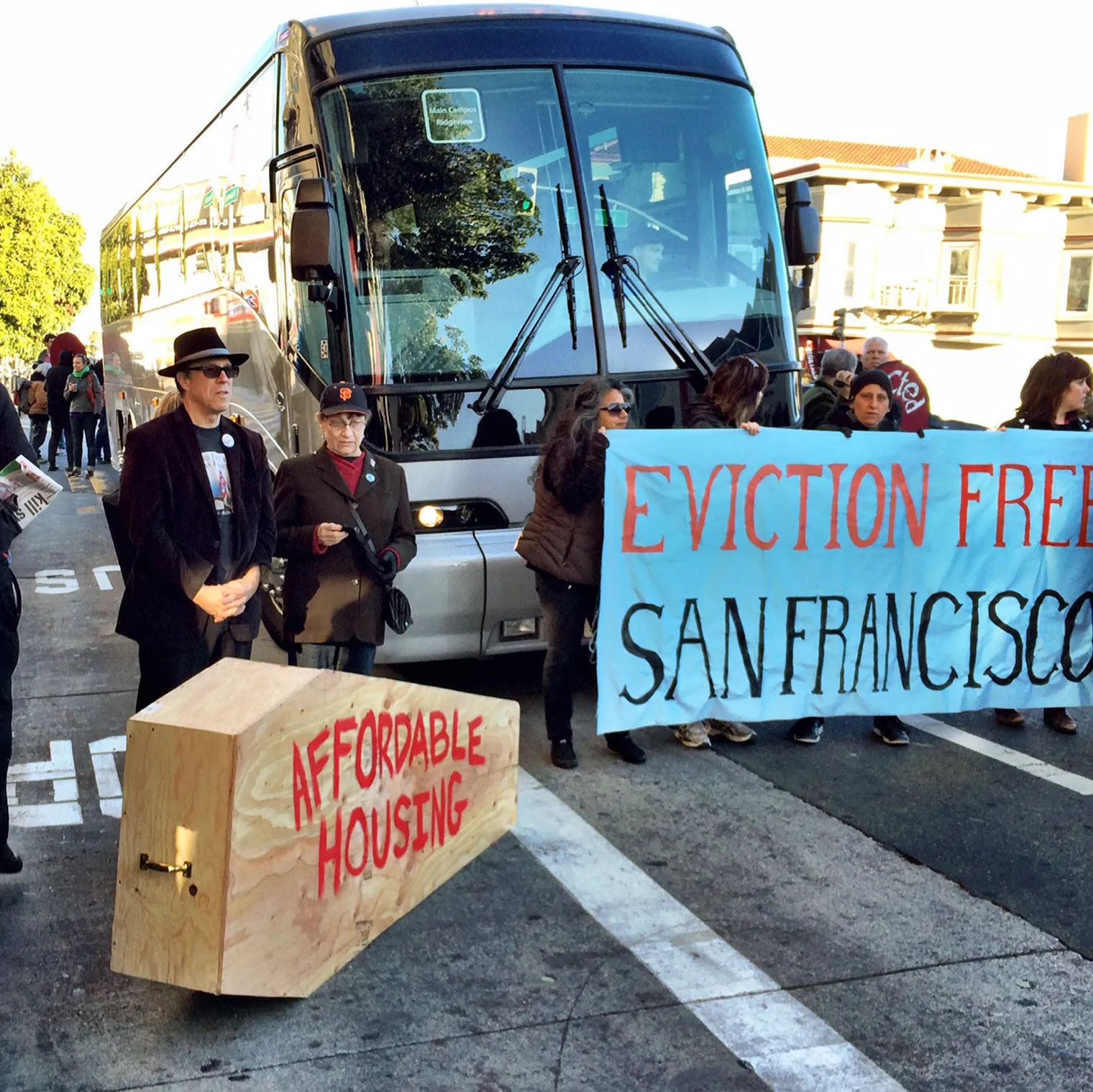The housing crisis in California has reached a fever pitch, with Governor Gavin Newsom"s promises proving hollow as the state grapples with a staggering 3.5 million housing units needed by 2025. The Governor"s inaction, coupled with the entrenched interests of the real estate lobby, has left countless families struggling to find affordable homes while the rich get richer.
Newsom"s Broken Promises
When Newsom took office, he pledged to tackle California"s housing crisis head-on, vowing to streamline the approval process for new housing developments. However, as reported by Vox, the reality is starkly different. Despite the Governor"s talk of reforming the California Environmental Quality Act (CEQA), which is often blamed for delaying projects, little has been done to actually implement changes that would lead to significant increases in housing supply.
The Impact of CEQA on Housing Development
CEQA was designed to protect communities and the environment, but it has become a convenient scapegoat for developers who resist accountability. The law is not the real enemy here; rather, it is the political will to prioritize people over profit that is sorely lacking. According to Vox, the number of housing permits issued has not kept pace with demand, indicating a systemic failure in governance.

Visit the State Capitol | California State Assembly
The Role of the Real Estate Lobby
The influence of the real estate lobby cannot be overstated in this context. Powerful developers often prioritize their profit margins over community needs, and their lobbying efforts have effectively stymied meaningful reform in housing policy. The consequences of this unchecked power are dire—tens of thousands of Californians face homelessness or are forced to live in substandard conditions. The Governor"s cozy relationship with developers raises serious questions about whose interests are truly being served.
Consequences for Vulnerable Communities
Low-income communities and communities of color are disproportionately affected by the housing crisis. As the cost of living skyrockets, these communities face the brunt of displacement and gentrification. The failure to build affordable housing exacerbates existing inequalities, leaving marginalized groups without viable options. The situation is not just a housing crisis; it is a civil rights issue that demands urgent attention.

Voices: An anti-tech backlash in San Francisco
The Path Forward
For California to truly address its housing crisis, a radical shift in policy is necessary. There is an urgent need for comprehensive reforms that prioritize affordable housing development over profits. This includes revisiting CEQA and ensuring it is used as a tool for sustainable development rather than a barrier. Furthermore, the state must confront the powerful real estate interests that have long held sway over housing policy.



![[Video] Gunfire between Iraqi security forces and Sadr militias in Baghdad](/_next/image?url=%2Fapi%2Fimage%2Fthumbnails%2Fthumbnail-1768343508874-4redb-thumbnail.jpg&w=3840&q=75)
